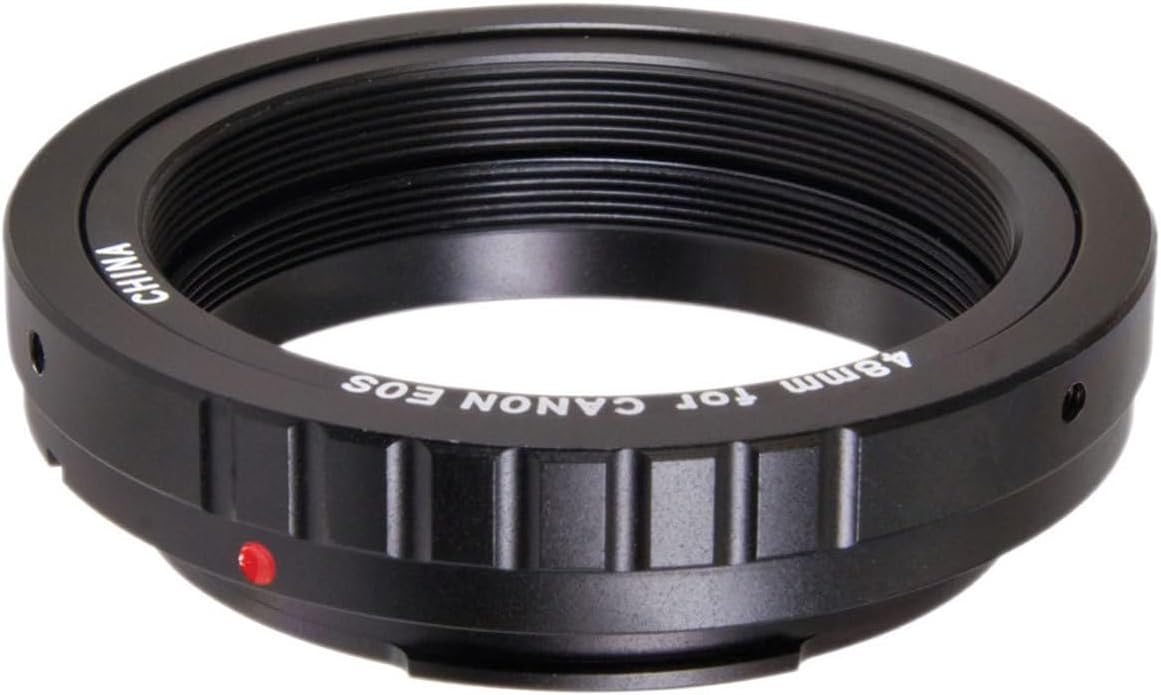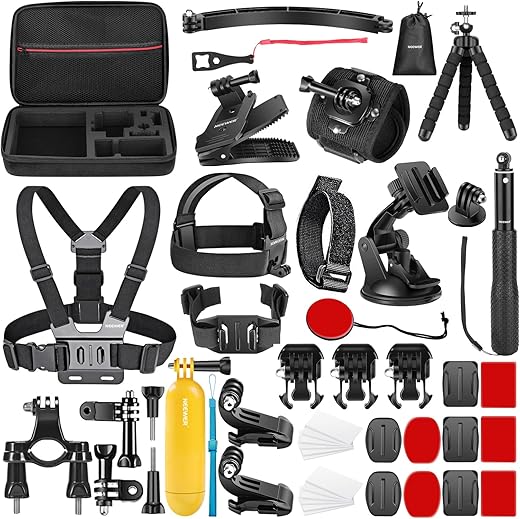
Can you wear floating sunglasses while swimming?
Picture yourself lounging by the pool, enjoying the warm sun on your face. The only thing missing? A pair of sunglasses to shield your eyes from the harsh glare. But hold on, what if those sunglasses accidentally slip off and sink to the bottom of the pool? Frustrating, right? Well, worry no more! In this post, we’ll explore the world of floating sunglasses and answer the burning question: can you actually wear them while swimming? Join us as we dive into the depths of this topic and find out if these floating wonders are a game-changer for your aquatic adventures.
Stay stylish and protected with our top-selling floating sunglasses

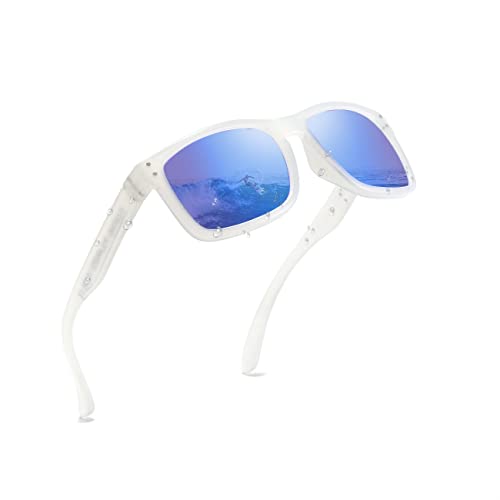
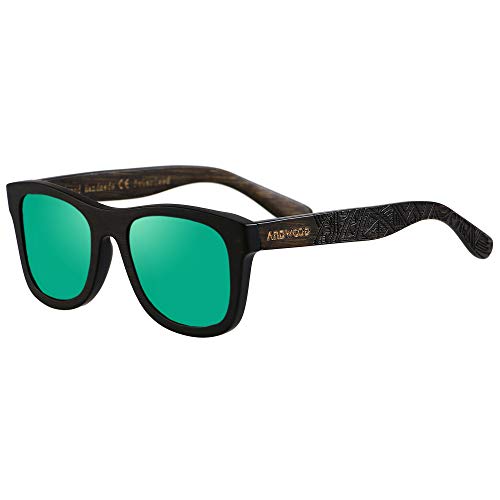

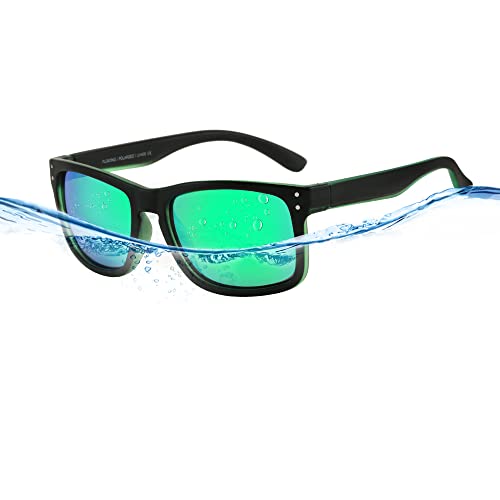

What are Floating Sunglasses?
You’ve probably experienced that moment of panic when your sunglasses slip off your face and plunge into the water, leaving you scrambling to retrieve them before they sink to the depths below. Well, fear no more! Introducing floating sunglasses, the ultimate solution to your water-related eyewear woes.

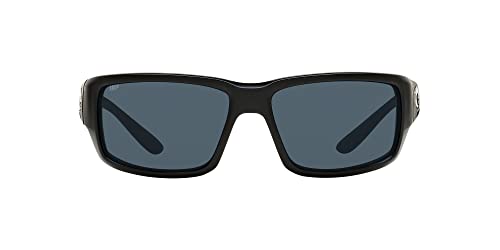
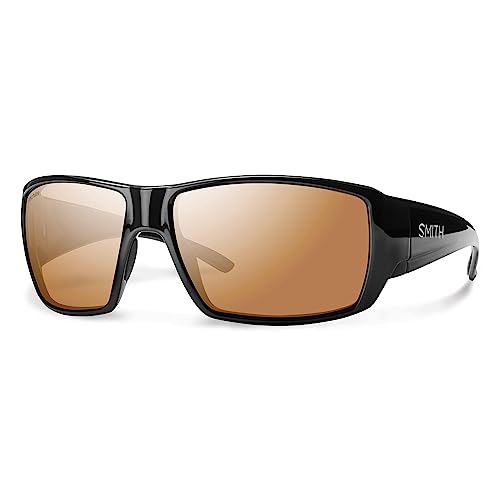
How Do Floating Sunglasses Differ from Regular Sunglasses?
Floating sunglasses, as the name suggests, have the remarkable ability to float on water, making them an ideal choice for those who love spending time near bodies of water. So, what sets them apart from your typical sunglasses? Let’s find out.
1. Buoyant Materials
Floating sunglasses are meticulously constructed using buoyant materials that enhance their ability to stay afloat. These materials are specially designed to have a lower density than water, allowing the sunglasses to defy gravity and remain on the surface, even when they take a dip.
2. Lightweight Design
In addition to the buoyant materials, the design of floating sunglasses emphasizes lightweight construction. By reducing the overall weight of the sunglasses, they become even more buoyant and less likely to sink, ensuring they stay afloat when accidentally dropped in the water.
3. Frame and Lens Quality
Despite the emphasis on buoyancy, floating sunglasses don’t compromise on durability or lens quality. They are crafted using high-quality materials that are resistant to corrosion and damage from exposure to water and UV radiation. This ensures that you not only enjoy the benefits of floating functionality but also receive optimum eye protection.
Materials Used in Construction
Now that we know how floating sunglasses differ from regular sunglasses, let’s delve into the materials that make them buoyant and reliable:
1. Closed-Cell Foam
Closed-cell foam is often used in the frames of floating sunglasses. This material is composed of tiny sealed air cells that prevent water absorption, enabling the sunglasses to maintain their buoyancy. Closed-cell foam also provides a lightweight and comfortable fit, making them perfect for active individuals who enjoy water sports.
2. Polycarbonate Lenses
Floating sunglasses feature polycarbonate lenses, known for their impact resistance and optical clarity. Not only are these lenses lightweight, but they also offer 100% protection against harmful UVA and UVB rays.
3. Hydrophobic Coating
To ward off water droplets and ensure clear vision, floating sunglasses are equipped with a hydrophobic coating. This coating repels water, preventing it from sticking to the lenses and impairing your vision. It’s a fantastic feature for those who frequently engage in water-based activities.
Buoyancy Properties
– They float effortlessly on water, ensuring easy retrieval if accidentally dropped.
– Even if partially submerged, they stay on the surface, eliminating the risk of losing them in deep waters or murky conditions.
– The lightweight design of floating sunglasses enhances their comfort during prolonged wear.
Benefits of Floating Sunglasses
Let’s summarize the key benefits of these remarkable eyewear:
- Ensures worry-free water activities, as you no longer have to fret about your sunglasses sinking or losing them.
- Offers excellent eye protection with high-quality lenses that filter out harmful UV radiation.
- Provides durability and resistance against water damage, thanks to the use of premium materials.
- Ideal for outdoor enthusiasts who enjoy water sports, boating, fishing, or lounging by the pool.
In conclusion, floating sunglasses are specifically engineered to make your water-centric adventures more enjoyable and stress-free. With their buoyant materials, lightweight design, and quality construction, they are an indispensable accessory for anyone who loves being near the water. So, jump in, have fun, and let your floating sunglasses do the rest!
Benefits of Floating Sunglasses
In the summertime, sunglasses are essential for protecting our eyes from harmful UV rays, both on land and in the water. However, many of us have experienced the frustration of losing or damaging our sunglasses during water activities. That’s where floating sunglasses come in! These innovative accessories are designed specifically to prevent loss or damage when you’re enjoying your favorite water adventures. Let’s take a closer look at the benefits of floating sunglasses and why they are a must-have for any water enthusiast.

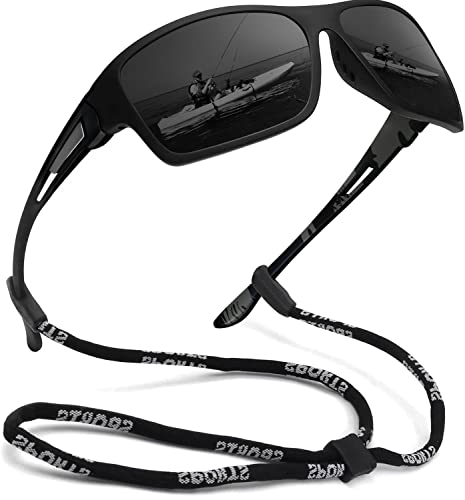
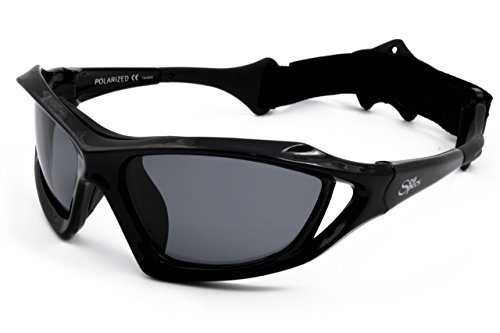
1. Prevent Loss in the Water
One of the greatest advantages of floating sunglasses is their ability to stay afloat in water. No longer will you need to worry about your sunglasses sinking to the bottom of the lake or ocean. Whether you’re swimming, snorkeling, kayaking, or paddleboarding, these sunglasses will consistently stay on the water’s surface, allowing you to retrieve them easily if they accidentally fall off.
2. Protection against Damage
Besides preventing loss, floating sunglasses also offer protection against damage. Traditional sunglasses can get scratched, dented, or even shattered when they hit the water or other hard surfaces. With floating sunglasses, their buoyant nature provides an added layer of protection, reducing the likelihood of irreversible damage. Plus, the frames of these sunglasses are often made of durable materials like rubber or foam, further enhancing their impact resistance.
3. Versatile and Stylish Options
Floating sunglasses are available in a variety of styles, colors, and designs, making it easy to find a pair that suits your personal taste. Whether you prefer a classic aviator shape, a sporty wraparound style, or a trendy retro frame, there’s something for everyone. You don’t have to compromise style for functionality when choosing floating sunglasses.
4. Polarized Lenses for Glare Reduction
Many floating sunglasses come with polarized lenses, which offer numerous benefits. These lenses have a special filter that blocks intense reflected light, reducing glare from water, sand, or any other shiny surfaces. By minimizing glare, polarized lenses provide clearer vision, increased contrast, and reduced eye strain, allowing you to enjoy your water activities comfortably even on sunny days.
5. All-Day Comfort and Stability
Floating sunglasses are designed with comfort and stability in mind. They typically feature adjustable straps or snug-fitting frames that keep the sunglasses securely in place during rigorous water activities. This ensures that you can have worry-free fun without constantly adjusting or readjusting your sunglasses.
6. Eco-Friendly Option
Last but not least, floating sunglasses are an eco-friendly choice. As they stay on the water’s surface instead of sinking, the chances of losing them are significantly reduced. This means fewer sunglasses ending up at the bottom of oceans or lakes, minimizing environmental impact. By choosing floating sunglasses, you’re making a small but significant contribution to keeping our waterways clean and protecting marine life.
Comparison Table
Here’s a quick comparison of the benefits of floating sunglasses:
| Benefit | Floating Sunglasses | Traditional Sunglasses |
|---|---|---|
| Prevents loss in water | ✓ | X |
| Protection against damage | ✓ | X |
| Versatile and stylish options | ✓ | ✓ |
| Polarized lenses for glare reduction | ✓ | ✓ |
| All-day comfort and stability | ✓ | ✓ |
| Eco-friendly option | ✓ | X |
In conclusion, floating sunglasses offer a range of advantages that make them perfect for water activities. They not only prevent loss and damage but also provide style, comfort, and environmental consciousness. So, embrace the water with confidence and protect your eyes in style with a pair of durable, floating sunglasses!
Considerations when Wearing Floating Sunglasses
Swimming with sunglasses can be a great way to protect your eyes from the sun’s harmful rays while enjoying some time in the water. However, not all sunglasses are suitable for swimming. Floating sunglasses are a popular choice for water activities as they are designed to stay afloat in case they accidentally fall off. But before you dive in and purchase a pair, there are a few things to consider to ensure you make the right choice.

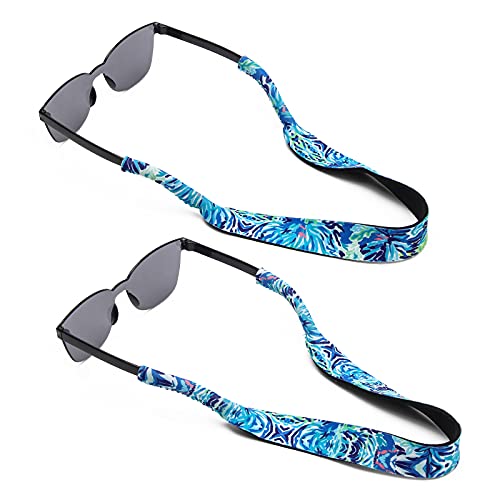
Fit
One of the most important factors to consider when wearing floating sunglasses while swimming is the fit. The sunglasses should fit snugly on your face to prevent water from seeping in. Too loose, and they may easily slip off, defeating the purpose of their floating design. On the other hand, if they’re too tight, they could cause discomfort or leave marks on your skin. So, it’s essential to find a pair of floating sunglasses that offer a balance between a secure fit and comfort.
Comfort
Comfort is key when it comes to any eyewear, and floating sunglasses are no exception. Look for lightweight materials that won’t weigh you down or cause unnecessary pressure on your face. Adjustable nose pads or temples can also enhance the comfort level, allowing you to personalize the fit to your liking. Additionally, consider the shape and design of the sunglasses – opt for frames that won’t interfere with your swimming stroke or cause discomfort during prolonged wear.
UV Protection
Protection from harmful UV rays is a significant reason why many people wear sunglasses, and while swimming, this protection becomes even more crucial. Look for floating sunglasses that provide 100% UV protection. This feature ensures that your eyes are shielded from both UVA and UVB rays, reducing the risk of long-term damage to your eyesight. Keep in mind that darker lenses do not necessarily mean better sun protection, as UV-blocking properties are determined by the lens material and coatings used.
Limitations or Drawbacks
While floating sunglasses offer several benefits for swimmers, it’s important to be aware of their limitations or drawbacks as well. Some consider the following aspects as potential downsides of wearing floating sunglasses:
- Limited style options: Compared to regular sunglasses, the variety of designs and styles available for floating sunglasses might be more limited.
- Durability concerns: Floating sunglasses need to withstand constant exposure to water, making it crucial to choose a pair made from durable materials that can resist corrosion caused by water and sweat.
- Reduced performance in extreme conditions: Extreme water sports or activities with high-impact movements may require specialized eyewear that provides a more secure fit and additional features like anti-fog or impact resistance. Floating sunglasses may not be the best choice for such scenarios.
It’s always a good idea to read reviews, compare features, and consider your personal preferences before purchasing floating sunglasses. Doing so can help you find a pair that meets your needs and keeps your eyes protected while swimming.
Comparison Table: Floating Sunglasses vs. Regular Sunglasses
| Floating Sunglasses | Regular Sunglasses | |
|---|---|---|
| Floating Ability | Designed to stay afloat in case they fall off | Sink when dropped in water |
| Fit | Needs a secure but comfortable fit | Fit requirements vary, can be looser |
| Comfort | Lightweight materials, adjustable features for personalized fit | Comfort depends on frame shape and materials used |
| UV Protection | Look for 100% UV protection | Look for 100% UV protection |
| Style Options | May have a more limited variety of designs and styles | Wide range of styles and designs available |
| Durability | Require durable materials to resist corrosion caused by water and sweat | Durability varies depending on the materials used |
| Performance | Not suitable for extreme water sports or high-impact activities | Can be suitable for a wide range of activities and sports |
In conclusion, when wearing floating sunglasses for swimming, it’s essential to prioritize fit, comfort, and UV protection. Consider the limitations or drawbacks, along with your specific needs, before making a purchase. By choosing the right pair of floating sunglasses, you can ensure a comfortable and protected swimming experience.
Final thoughts and recommendations
In conclusion, floating sunglasses provide a convenient and protective solution for those who enjoy water sports or spend time near water. They offer the benefit of staying afloat, preventing loss and making them easy to retrieve if they fall into the water. Additionally, floating sunglasses provide UV protection and reduce glare, ensuring optimal vision while swimming. However, it is important to consider factors such as fit, comfort, and durability when choosing a pair. Overall, for individuals looking to enhance their water activities, we highly recommend considering the use of floating sunglasses for added convenience and protection.


